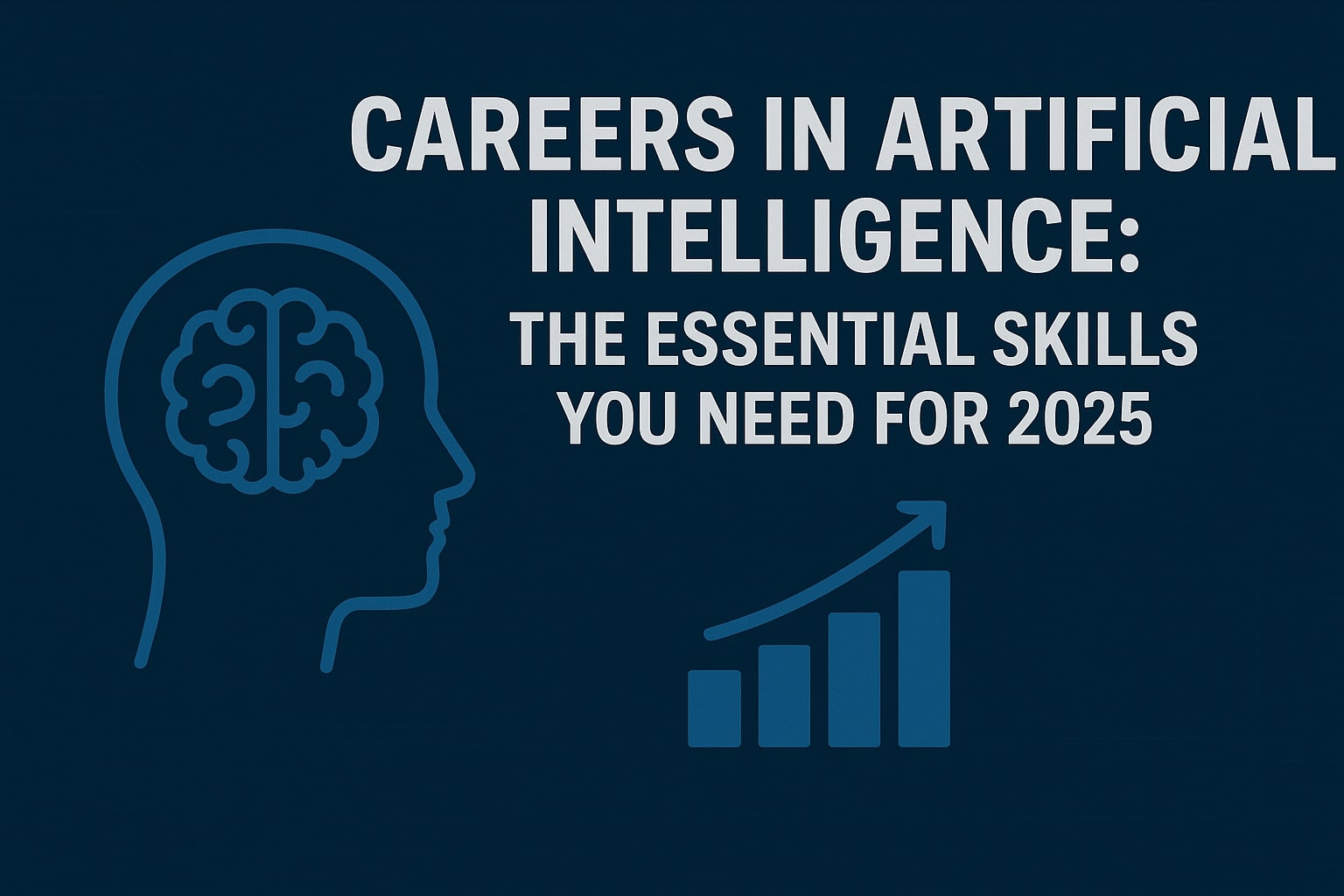The AI industry is booming, creating a massive demand for skilled professionals. But what does it really take to build a career in artificial intelligence? Contrary to popular belief, it’s not just for PhDs in computer science. This guide breaks down the essential technical and soft skills you need to launch a successful AI career in 2025.
Core Technical Skills for AI Careers
- Programming Languages: Python is the undisputed king of AI/ML due to its simplicity and powerful libraries (like TensorFlow, PyTorch, and scikit-learn). R, Java, and C++ are also valuable for specialized roles.
- Mathematics and Statistics: Linear algebra, calculus, probability, and statistics are essential to understand algorithm behavior and model performance.
- Machine Learning and Deep Learning: Master supervised/unsupervised learning, neural networks, NLP, and computer vision to stay competitive.
- Data Engineering: Skills in data wrangling, cleaning, visualization, and managing SQL/NoSQL databases are critical because AI is powered by data.
Crucial Soft Skills for AI Professionals
Technical expertise alone isn’t enough. To thrive in AI, professionals also need:
- Problem-Solving: Ability to devise innovative solutions to complex challenges.
- Communication: Explaining technical concepts to non-technical stakeholders is essential.
- Business Acumen: Understand how AI drives business value and ROI for projects.
- Ethics and Bias Awareness: Developing fair, transparent AI systems is critical for responsible AI deployment.
Top AI Job Roles and Their Skill Focus
- Machine Learning Engineer: Software engineering and ML modeling-intensive role.
- Data Scientist: Extracts insights from data using statistics, visualization, and ML.
- AI Research Scientist: Develops new algorithms; often requires an advanced degree.
- Business Intelligence (BI) Developer: Leverages AI tools to inform data-driven business strategy. Learn more at IBM’s AI resources.
Ready to build these skills? Jumpstart your AI career with a top-rated Machine Learning specialization on Coursera or explore our full AI careers guide for detailed career paths and role requirements.
The AI field evolves rapidly. Continuous learning, personal projects, and keeping up with industry blogs are non-negotiable for building a competitive portfolio.
